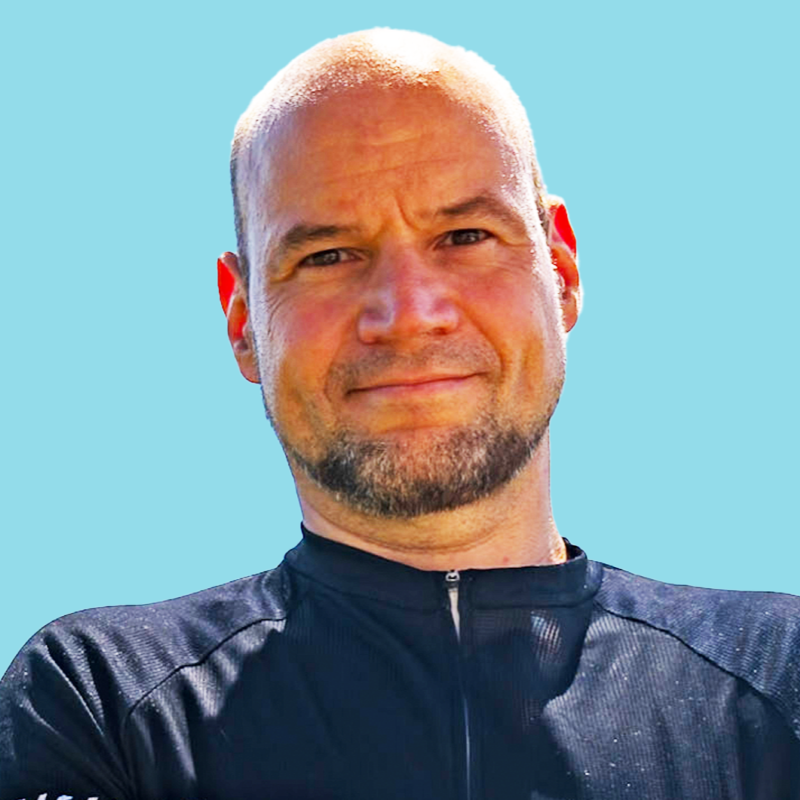Machine Learning for Complex Networks: From GNNs to Causal Graph Learning

Abstract: Apart from graph data that capture which of a system's elements are connected, we increasingly have access to high-resolution time series data that captures when and in which order those connections occur. Due to the arrow of time, the temporal order of those connections shapes the causal topology of dynamic graphs, i.e. which nodes can possibly causally influence each other over time. This leads to non-trivial effects that must be accounted for in graph analytics and (deep) graph learning.
Addressing this issue, I will show that higher-order De Bruijn Graphs can help us to better understand how the arrow of time influences the causal topology of dynamic graphs. Apart from improving our understanding of social, technical and biological networks with dynamic topologies, these models are the theoretical foundation for De Bruijn Graph Neural Networks, a new time-aware deep learning architecture for temporal graph data. Accounting for temporal-topological patterns in temporal graphs, our approach facilitates deep graph learning in time series data on complex networks.
Sidenote: This talk takes place in close context to the BIFOLD workshop "AI-based Methods for the Humanities."

Bio: Prof. Dr. Ingo Scholtes heads the CAIDAS-Chair of Computer Science – Machine Learning for Complex Networks at the Center for Artificial Intelligence and Data Science of Julius-Maximilians-Universität Würzburg. His research addresses open questions at the intersection of network science, (deep) graph learning, and computational social science. He has extensive experience applying network science and machine learning to diverse fields, including information systems, software engineering, ecology, biology, and physics. A summary of his foundational work on higher-order graph models was published in Nature Physics. In 2014, he was awarded a Junior Fellowship from the German Informatics Society. In 2018, he received an SNSF Professorship with funding of CHF 1.5 million from the Swiss National Science Foundation. Prof. Scholtes is the founding co-chair of the Computational Social Science Section of the German Informatics Society (GI e.V.) and serves as associate editor of EPJ Data Science and Advances in Complex Systems.

